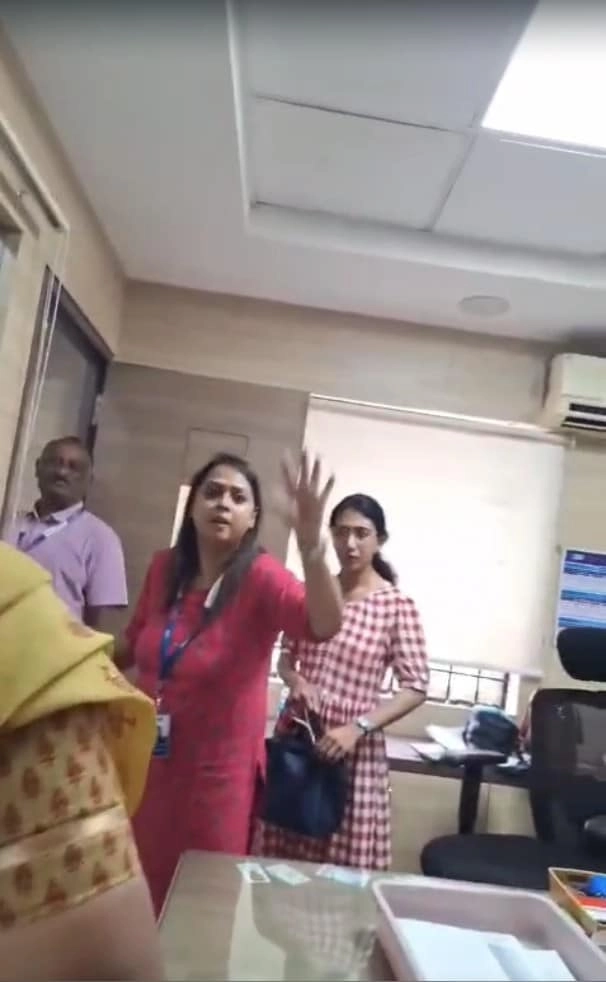As we look ahead to 2025, prospective international students hoping to study in the United States may encounter a range of challenges related to obtaining a student visa. The landscape of U.S. immigration policy has seen significant changes over recent years, leading to increased scrutiny and more stringent requirements for visa applicants. This can be a daunting reality for students who are eager to pursue their education in the U.S. but may face hurdles in securing the necessary documentation. Understanding the complexities of the visa application process is crucial for applicants to successfully navigate these issues.
Expert advice is invaluable for those facing difficulties with their U.S. student visa applications. Consulting with immigration attorneys or educational consultants can provide insights into the latest regulations and best practices. These professionals can guide students through the application process, helping them prepare the necessary documentation and address any potential red flags in their applications. Additionally, staying informed about any updates or changes in immigration policies that may arise can help applicants better anticipate and manage potential issues. Engaging with peer networks, attending informational sessions, and utilizing online resources can also enhance understanding and preparedness.
For students who may find themselves unable to secure a U.S. student visa, there are alternative pathways to consider. Some may explore study options in other countries with more lenient visa policies or programs that allow for online learning. Many institutions worldwide offer quality education and may provide opportunities for international students without the same visa complications. Additionally, applying for programs that allow for part-time study or work while attending school can create viable alternatives to traditional full-time study in the U.S. For those determined to pursue their education in the United States, reapplying or seeking deferment options with their chosen institutions can also provide a way forward.
In conclusion, while the prospect of facing U.S. student visa issues in 2025 may seem overwhelming, it is essential for international students to remain proactive and informed. By seeking expert advice, considering alternative educational pathways, and staying updated on immigration policies, students can better navigate the complexities of the visa application process. Ultimately, with diligent preparation and a flexible mindset, aspiring students can overcome obstacles and achieve their academic goals in the United States.




